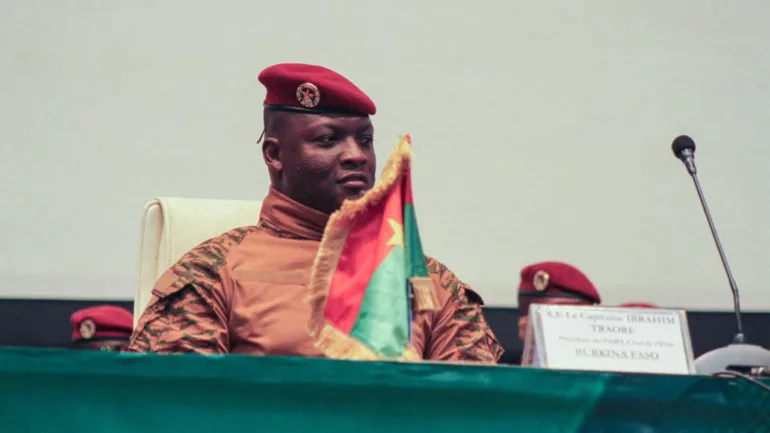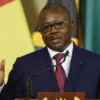The government of Burkina Faso has announced the removal of visa fees for all African nationals, in a move aimed at strengthening Pan-African solidarity and promoting the free movement of people and goods across the continent.
According to the BBC, the country’s Minister of Security, Mahamadou Sana, revealed the new policy on Thursday following a cabinet meeting chaired by military leader Captain Ibrahim Traoré.
“From now on, any citizen of an African country wishing to travel to Burkina Faso will not pay any visa fees,” Sana stated.
He clarified, however, that while visa fees have been waived, travelers must still complete an online application process to obtain approval before entry.
Citizens of West African nations already enjoy visa-free access to Burkina Faso, but the new measure extends that privilege to the entire continent. It also comes amid growing uncertainty over Burkina Faso’s relationship with the Economic Community of West African States (ECOWAS), following its withdrawal from the bloc earlier this year alongside Mali and Niger.
With this decision, Burkina Faso joins a small but growing number of African nations — including Ghana, Rwanda, and Kenya — that are implementing visa-free or simplified travel policies for fellow Africans, in line with the African Union’s broader goal of continental integration.
A statement from the junta’s information service described the policy as a means to “promote tourism, Burkinabe culture, and improve the country’s visibility on the international stage.”
Captain Traoré, who came to power in a 2022 military coup, has consistently positioned himself as a Pan-Africanist leader opposed to colonial influence and Western interference. His rhetoric and leadership style have gained him a significant following across Africa, particularly on social media platforms.
Burkina Faso, like neighboring Mali and Niger, continues to grapple with a decade-long Islamist insurgency. Nearly 40 percent of its territory is currently estimated to be outside of government control. Despite increased security cooperation with Russia and repeated assurances from the junta to restore stability, attacks on civilians and military personnel remain a persistent threat.


